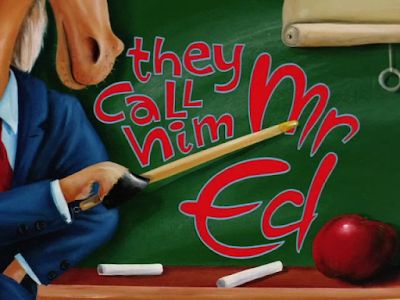Learn and grow
As a ruler, Bureh never wanted to cooperate with the British who were living in the capital city of Freetown. Bai Bureh refused to recognise a peace treaty the British had negotiated with the Limba without his participation; and on one occasion, his warrior fighters raided the British troops across the border into French Guinea. On January 1, 1893, the British colonials instituted a Hut Tax in Sierra Leone and throughout British-controlled Africa. The tax could be paid in money, grain, stock or labor. Many Africans had to work as laborers to pay the tax. The Hut Tax enabled the British to build roads, towns, railways and other infrastructure amenities in British-controlled Sierra Leone.
Bai Bureh refused to recognise the hut tax that the British had imposed. He did not believe the Sierra Leonean people had a duty to pay taxes to foreigners and he wanted all British to return to Britain and let the Sierra Leoneans solve their own problems. After refusing to pay his taxes on several occasions, the British issued a warrant to arrest Bureh. When the British Governor to Sierra Leone, Sir Frederic Cardew, offered the princely sum of one hundred pounds as a reward for his capture, Bai Bureh reciprocated by offering the even more staggering sum of five hundred pounds for the capture of the governor. In 1898, Bureh declared war on British in Sierra Leone. The war later became known as the Hut Tax War of 1898.
Most of Bureh's fighters came from several Temne and Loko villages under his command, but other fighters came from Limba, Kissi and Kuranko villages, sent to his aid. Bai Bureh's men not only killed the British soldiers but also killed dozens of Creoles who were living in Northern Sierra Leone because it was thought by the indigenous people of Sierra Leone that they supported the British. One of the most notable Creole people who was killed by Bai Bureh's warriors was a trader John "Johnny" Taylor, who was killed in his house in Northern Sierra Leone.
Bai Bureh had the advantage over the vastly more powerful British for several months of the war. By 19 February, 1898, Bai Bureh's forces had completely severed the British line of communication between Freetown and Port Loko. They blocked the road and the river from Freetown. Despite their arrest warrant, the British forces failed to defeat Bureh and his supporters. Hundreds of British troops were killed, and hundreds of Bureh's fighters also died during the war. -Rossney Soljour (February 17, 2015)
(Read all of his posts here https://www.facebook.com/rossney.soljour?fref=nf.)
Bai Bureh refused to recognise the hut tax that the British had imposed. He did not believe the Sierra Leonean people had a duty to pay taxes to foreigners and he wanted all British to return to Britain and let the Sierra Leoneans solve their own problems. After refusing to pay his taxes on several occasions, the British issued a warrant to arrest Bureh. When the British Governor to Sierra Leone, Sir Frederic Cardew, offered the princely sum of one hundred pounds as a reward for his capture, Bai Bureh reciprocated by offering the even more staggering sum of five hundred pounds for the capture of the governor. In 1898, Bureh declared war on British in Sierra Leone. The war later became known as the Hut Tax War of 1898.
Most of Bureh's fighters came from several Temne and Loko villages under his command, but other fighters came from Limba, Kissi and Kuranko villages, sent to his aid. Bai Bureh's men not only killed the British soldiers but also killed dozens of Creoles who were living in Northern Sierra Leone because it was thought by the indigenous people of Sierra Leone that they supported the British. One of the most notable Creole people who was killed by Bai Bureh's warriors was a trader John "Johnny" Taylor, who was killed in his house in Northern Sierra Leone.
Bai Bureh had the advantage over the vastly more powerful British for several months of the war. By 19 February, 1898, Bai Bureh's forces had completely severed the British line of communication between Freetown and Port Loko. They blocked the road and the river from Freetown. Despite their arrest warrant, the British forces failed to defeat Bureh and his supporters. Hundreds of British troops were killed, and hundreds of Bureh's fighters also died during the war. -Rossney Soljour (February 17, 2015)
(Read all of his posts here https://www.facebook.com/rossney.soljour?fref=nf.)
(If
you enjoyed this post, then please consider subscribing to stay up-to-date with my latest postings and
sharings. Also, please share and support Worldly Game.)




Comments
Post a Comment